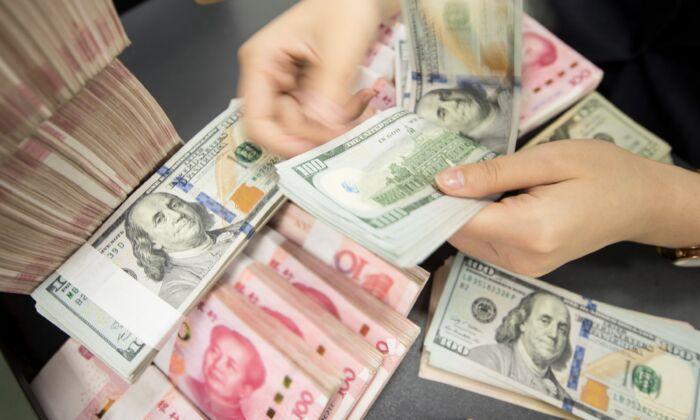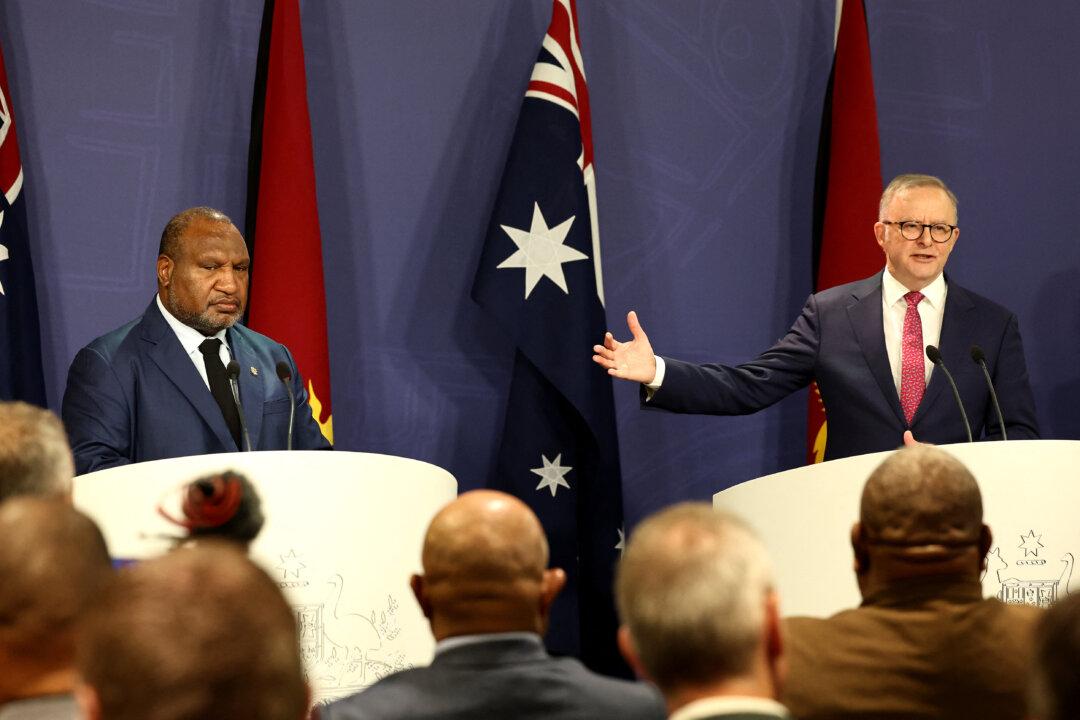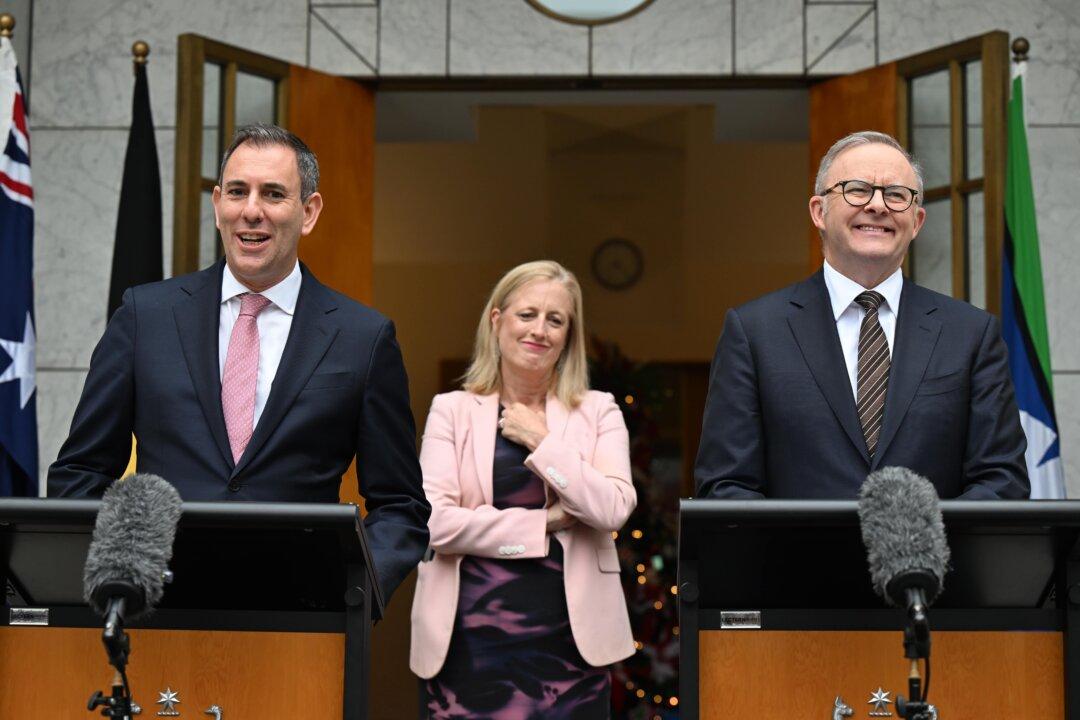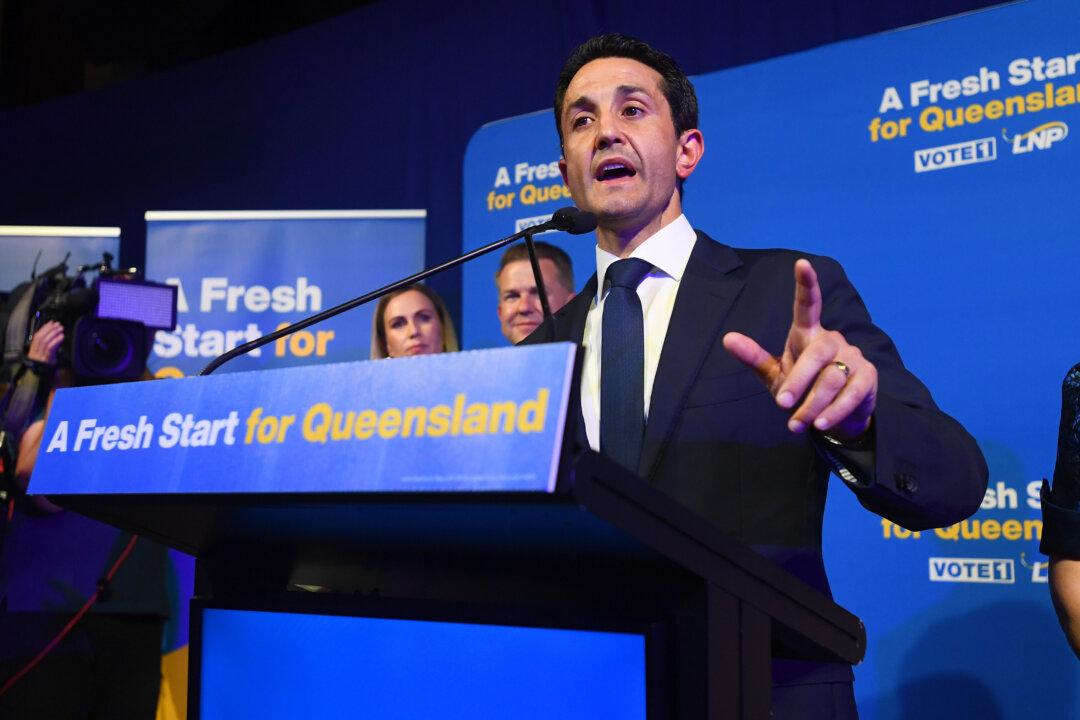The Australian Tax Office will investigate data from the Pandora Papers, which contain around 12 million leaked documents revealing the offshore accounts of well-known political figures.
Will Day, the ATO’s deputy commissioner and chief of the Serious Financial Crime Taskforce (SFCT) will probe the data leak to identify any possible offshore tax evasion.
“We are well connected locally and globally in our efforts to fight financial crime. We will certainly look at this data set and compare it with the data we already have to identify any potential connections,” Day said in a press release on Oct. 4.
He noted that being named in the data leak did not automatically guarantee that a person was guilty of a crime.
“There are a range of legitimate reasons that someone may have for an offshore bank account or structure. We know most Australians do the right thing. However, there are some who attempt to hide their ownership interests or financial misdoings through offshore arrangements,” he added.
“The message is clear for those who try to cheat the system–your secrets are no longer safe, and you can expect to feel serious consequences for your actions. No complicated money trail is too difficult for us to unravel.”
The ATO’s intelligence on tax evasion comes from several sources including advisors, partner agencies, the community, and international bodies.
The Pandora Papers, revealed on Oct. 4, contains over 11.9 million financial records amounting to 2.94 terabytes of data of confidential information. The data has been drawn from 14 different sources.
In comparison, the infamous Panama Papers released in 2016 contained 11.5 million leaked documents and 2.6 terabytes of information.
“From the very first data leak, we responded quickly through JITSIC,“ Day said. ”JITSIC brings together 42 national tax administrations that have committed to more effective and efficient ways to deal with tax avoidance and evasion.”
JITSIC member countries will collaborate to develop a more accurate picture of what the data reveals.





